Michael Chapman | Interview
Michael Chapman is an English singer-songwriter and guitarist. Chapman originally began playing guitar with jazz bands, mainly in his home town of Leeds in the West Riding of Yorkshire. He became well known in the folk clubs of the late 1960s, as well as on the ‘progressive’ music scene, and has released over 50 albums to date.
You started playing guitar very young. Who were your major influences?
Michael Chapman: Right I started playing at 15 in history lessons just to annoy the teacher, who in retrospect was a wonderful man called Norman Hillis, he wrote Yorkshire dialect poetry and now I read history most of anything. But I just figured out that if you had a guitar you could hang out with better looking girls, and that’s the reason we all started. And then I went to Art College for 6 years and had a great education, I still think Art College education is one of the best educations you can get, because it teaches you to think and to listen, to read and to write not just look and paint or sculpt.
You attended art college in Leeds and then worked as an art and photography teacher in Lancashire. At the time you were into American jazz music.
The thing that I first started playing was skiffle because all you needed was like three or four guys with an acoustic guitar, a tea chest bass and a wash board and you had a band. And then I started listening to a lot of jazz like Django Reinhardt – I got heavily into Django Reinhardt. And then moved on through Wes Montgomery, Kenny Burrell, Grant Green and all those guys and then there were a lot of things that I liked listening to but in those days there were two record labels that were head and shoulders above anything else, that was Blue Note and Riverside coming out of NY and their records were like the seal of ultimate quality, just absolutely wonderful music and basically if you could find say a Blue Note record, and that wasn’t that easy back in the mid/late fifties, you just bought it, you didn’t care who it was, you just knew it was going to be good, it was going to be interesting. And I heard a lot of blues – Lightnin’ Hopkins, Big Bill Broonzy, as well as Jimmy Rogers, Hank Williams, and I just loved it all, you know. I was lucky in that I had a very deaf Grandmother and I could go to her house and listen in to the American Forces network thing, and I used to go and listen to the Goons too ‘cause my mother couldn’t abide them, and err after the Goon Show I’d fiddle with the knobs and get the American Forces network in Europe and they played all kinds of extraordinary stuff, there’d be John Coltrane one minute, Hank Williams the next – and I just fell in love with it all and especially if it had a guitar in it.
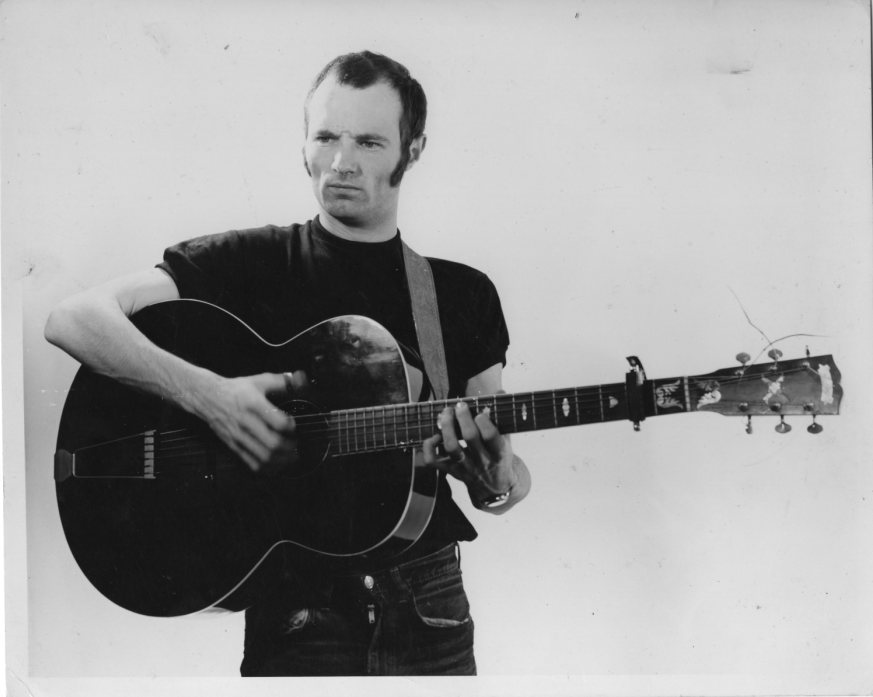
What happened after your “jazz period”?
I stopped playing for three years because I really wanted to teach and I wanted to teach to the very best of my ability, which may or may not have been successful but after three years I resigned before I did anymore damage, ha. And then I went down to Cornwall on holiday, with my then wife, this was the summer of ’66, and at the end of the holiday we were broke but it was raining so hard I just couldn’t face the thought of driving all the way back to Lancashire in the A35 van that I had at the time, which we’d been living in too down there, so I followed a car that had a Folk Club sticker in the back window and I followed it to this club out on the cliffs near Lands End which turned out to be the Count House. I didn’t even have the money to pay to go in so I said could I play for fifteen minutes, which was mostly a collection of jazz stuff, Thelonious Monk, Jimmy Guiffre, Jimmy Rogers and at the end of the night the guy running the club said what are you doing for the rest of the summer cause we’re open six nights a week with an all nighter on Saturdays and at the end of each week you get a share of the take – if you want the job as resident it’s yours and I said “lend us a tenner and you’re on” and at the end of the first week I got two quid more than I got being head of department at an Art College, so I thought I can handle this. We stayed on living in the van down a lovely little valley by a creek and having a whale of a time, it was great. Up the road was another folk club doing exactly the same thing, the Folk Cottage and their all nighter was on Fridays. It was home to Pete Stanley, Wizz Jones and Ralph McTell and his jug band.
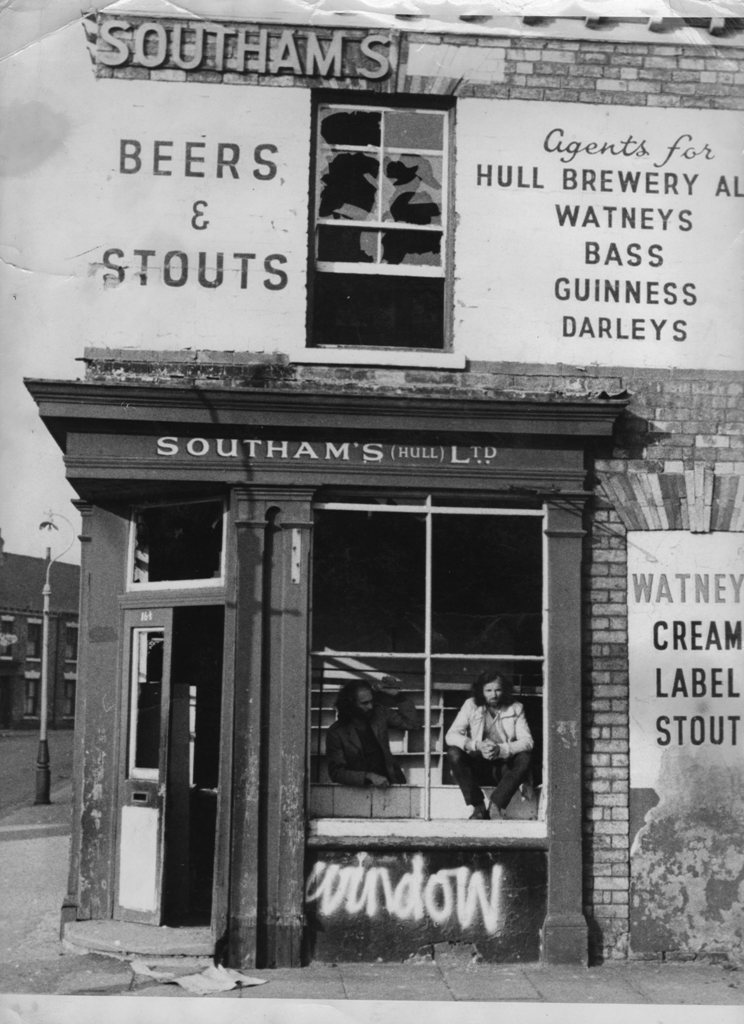
Ralph was already writing I think, and he got spotted by a sort of talent scout for a publishers in America, a big one and got signed up to them and his records went out on Transatlantic and a year later the same guy picked up on me and I was signed up to Essex Music in London, and they wanted me to make a guitar record like Davy Graham, Decca had Davy Graham at that time and he was just making guitar records but by the time the deal was completed and it was time for me to go into the studio I’d started writing songs so that’s how Rainmaker came about. Basically I made it, the publishing company paid for the record and leased it along with the next three, to EMI Harvest which unbeknown to me was a really big deal, because Harvest was supposed to be the progressive – I think that’s the word we used at the time “progressive” – UK record label, sort of the equal to what Electra and CBS were putting out in the States, sort of really interesting and different music, that weren’t just stupid pop records – and the producer for both me and Ralph, was Gus Dudgeon, so that’s how I got hooked up with Gus. He was also signed as a producer to Tuesday Productions another arm of Essex Music.
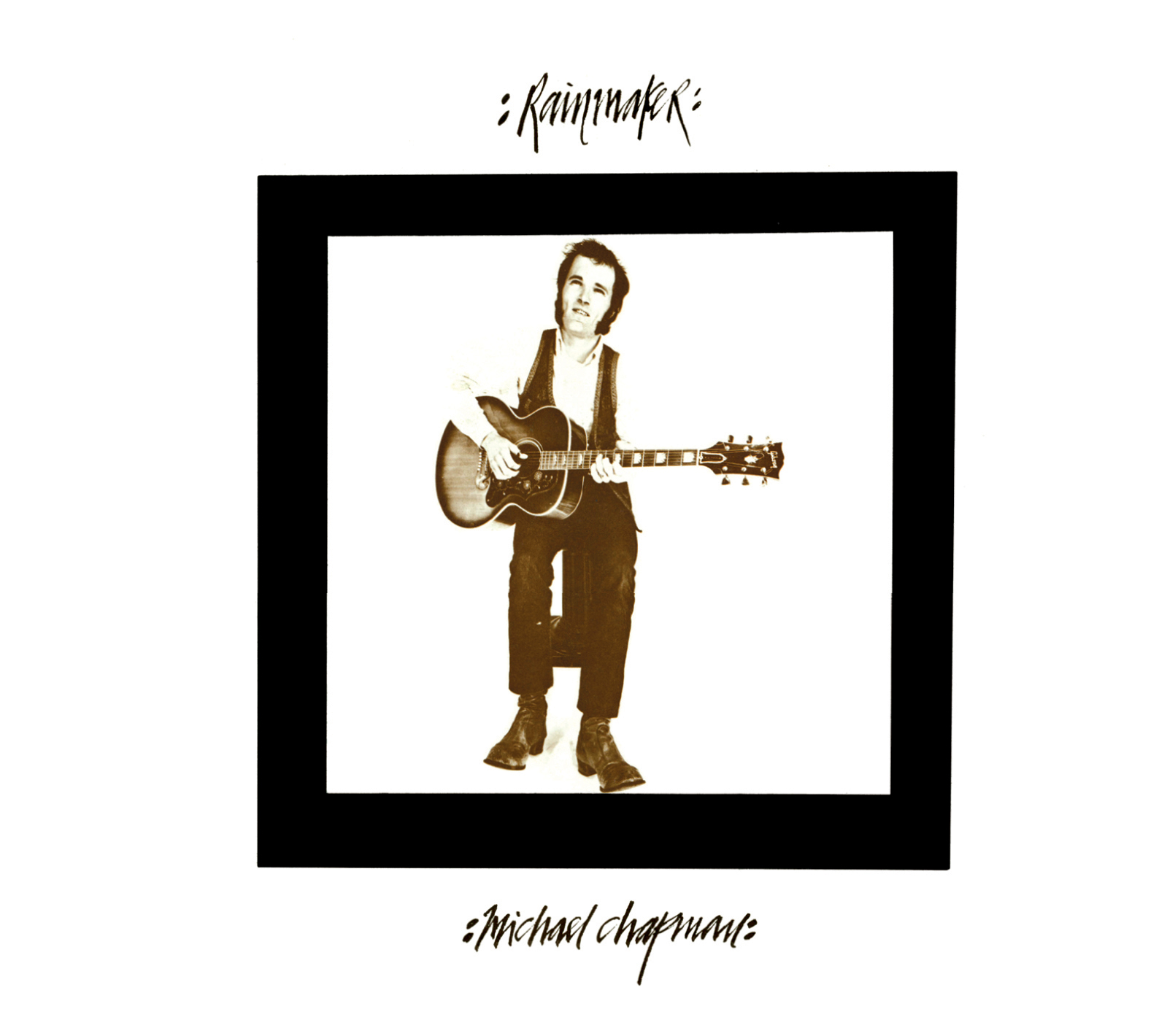
What are some of the strongest memories from recording ‘Fully Qualified Survivor’?
The second album was ‘Fully Qualified Survivor’ which to my knowledge has never been out of print ever since I made it, it’s now forty odd years old. And I remember making it well enough, because there was a lot of stuff going on. First of all I took Rick Kemp who played on ‘Rainmaker’, so they knew how good he was, even though he lived in Hull, which of course I did as well, and for this second album they said we’ve got you some really great London guitar players and I said “sack ‘em I’ve got a gardener in Hull who can just take e’em all to the cleaners”. And I had to argued long and hard to take him down, he was of course Mick Ronson, and as soon as they heard him play of course they were just astonished. You know, he was just so damned good. And that was nice cause I got my own way and I proved to be right which I always enjoy, hm. And the other thing was that when Paul Buckmaster did the string arrangements, I think there was an eleven piece string section, I thought wow this is amazing on my record, all these beautiful strings, and Paul played cello on that Aviator track along with a guy called Johnny van Derek who was a violinist of some note, he played lead violin in one of the big London orchestras and he was a master musician who loved to play jazz and loved to play free as well. The Drummer was Barry Morgan, a studio guy who really impressed me because he had four vans on the road each with a kit in going between his sessions so that when he got to the studio his kit was already set up for him, that was pretty big time in those days to someone like me. I thought that was dead clever.
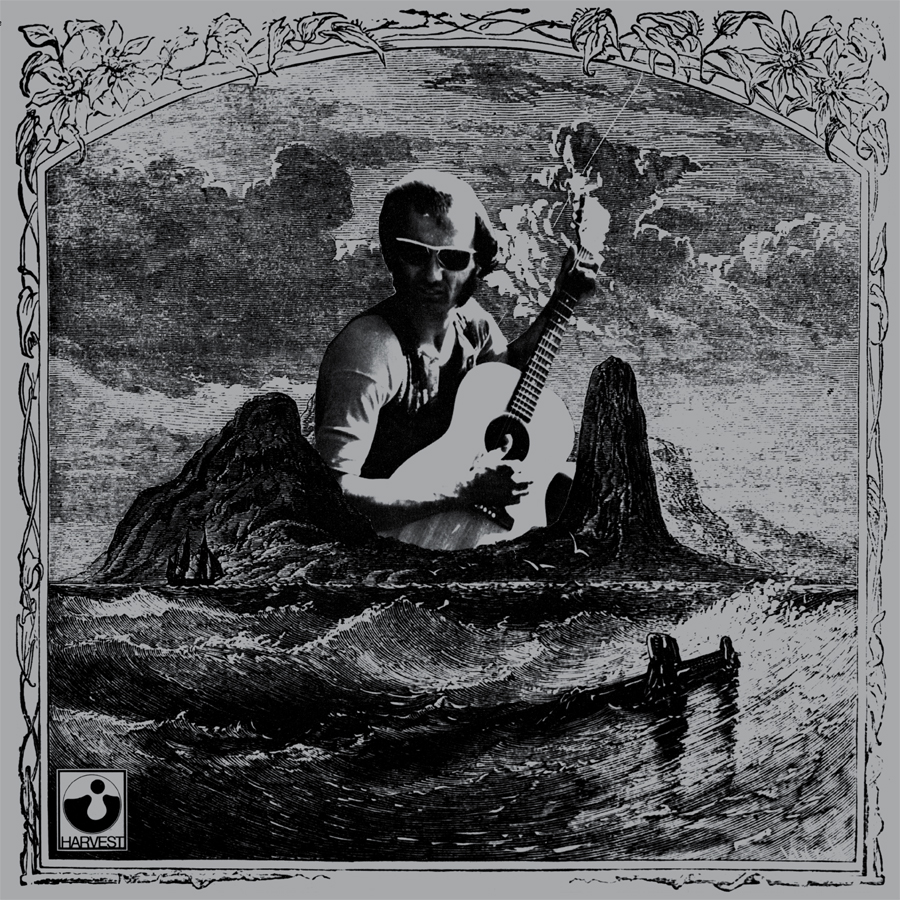
Was there a concept behind it?
There’s no concept to that album, apart from ‘Heartbeat’ I’ve never really done a concept album.
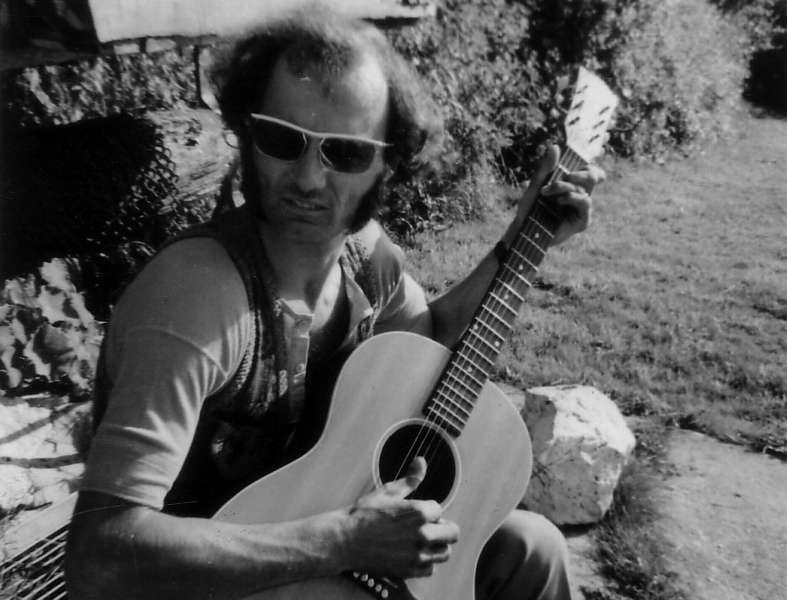
What are some of your latest musical endeavors?
Yeah, I am still active, although I’m trying to slow down but it doesn’t seem to be working. I’ve just come back from New York where I’ve been recording an album in an American studio with American musicians for an American label which is a first for me, which will be out later this year. The musicians were all about a third of my age which is great, it keeps you on your toes. I’ve just delivered an album to ‘VDSQ’ (Vin Du Select Qualitite) in New York which is of avant garde, free form acoustic guitar improvisations.
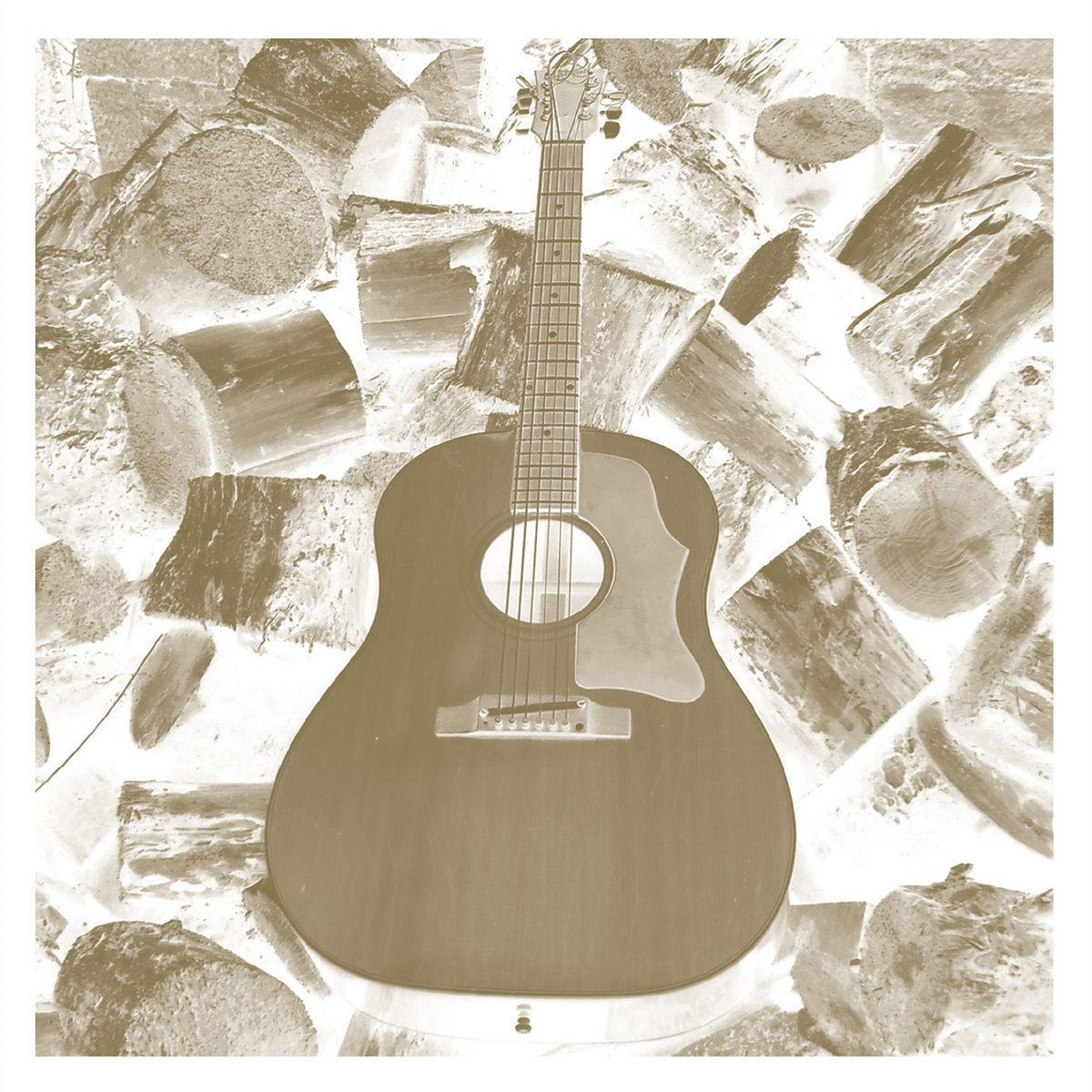
I did ‘FISH’ last year for Tompkins Square label in San Francisco, which is a more normal for want of a better word, instrumental album. I did an album, what’s called a split in the US, vinyl only with one artist on one side and someone else on the other.
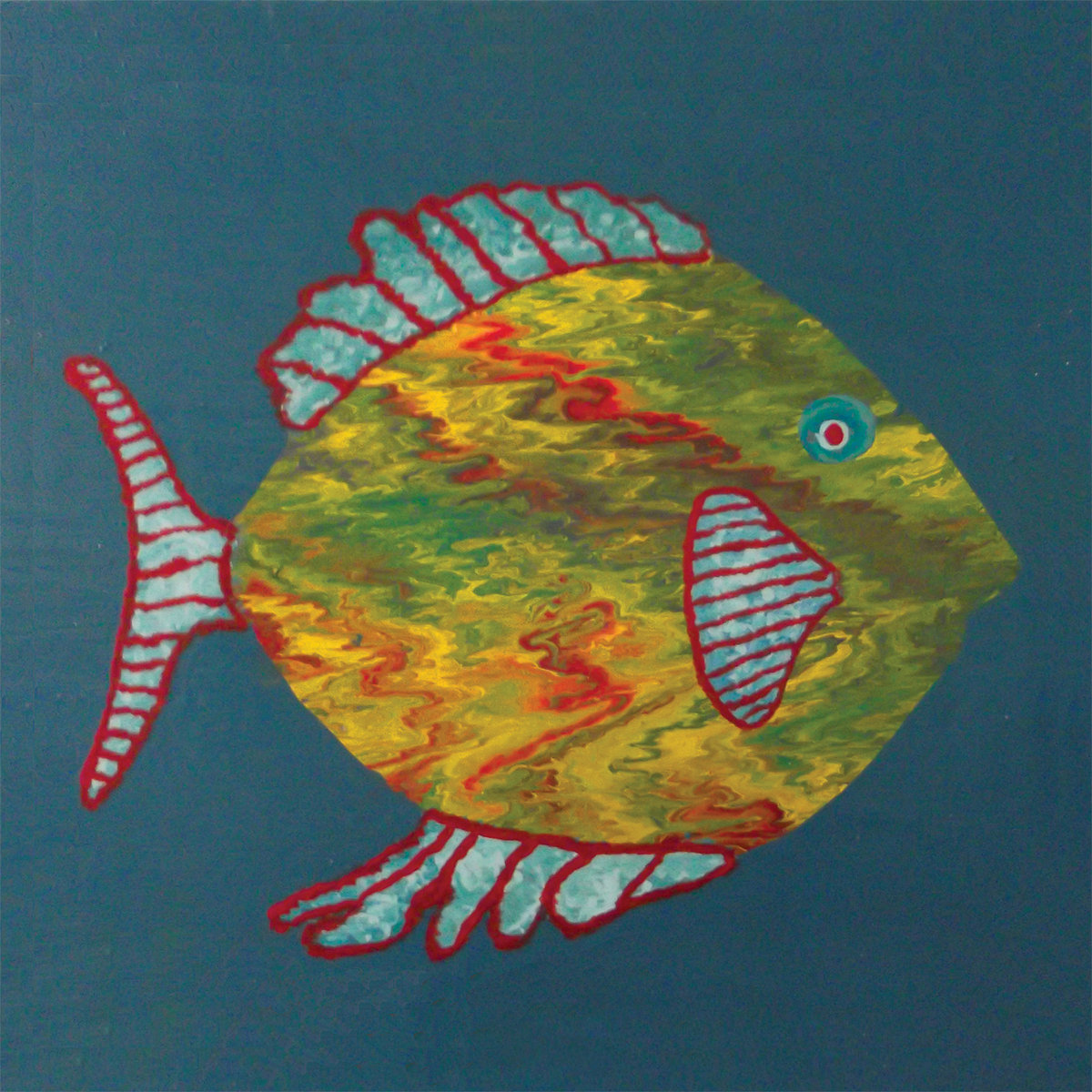
I split mine with Mike Taylor of Hiss Golden Messenger who’s a friend of mine in North Carolina, and late last year I recorded in Tel Aviv with one of my dearest friends Ehud Banai who can take me musically to places I’d never get to in million years just because of the different chord structures that middle eastern music employs. He took me physically also to places that will stay in my psyche forever.
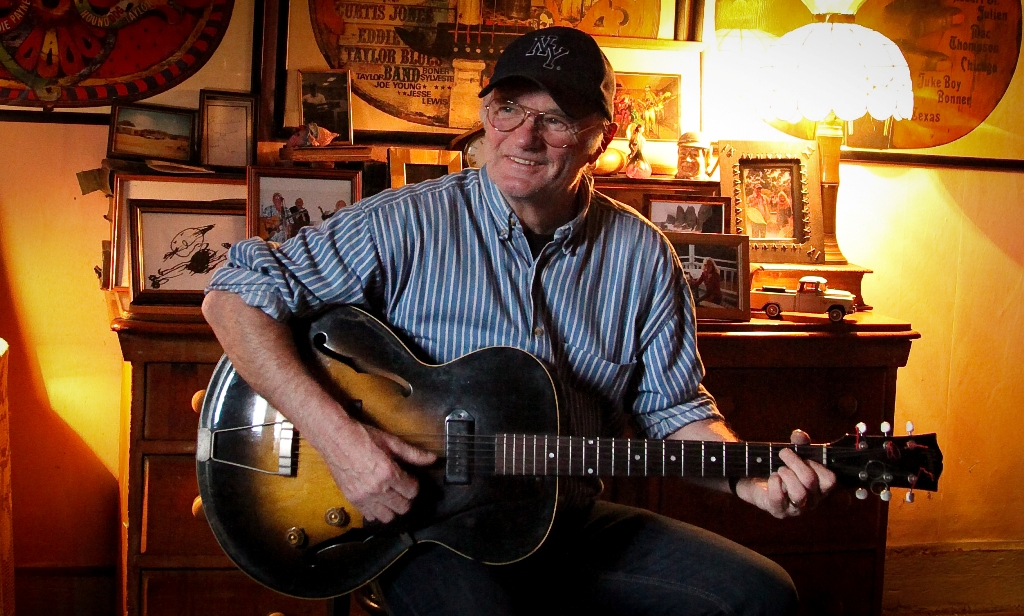
What are some future plans?
I don’t really make plans, we’ll have to just wait and see. The record company in the States are hoping for big things from the album I’ve just recorded for them and they hopefully will make the plans and if I like the sound of them then that’s what I’ll be doing. Michael Chapman
Klemen Breznikar
Michael Chapman Official Website

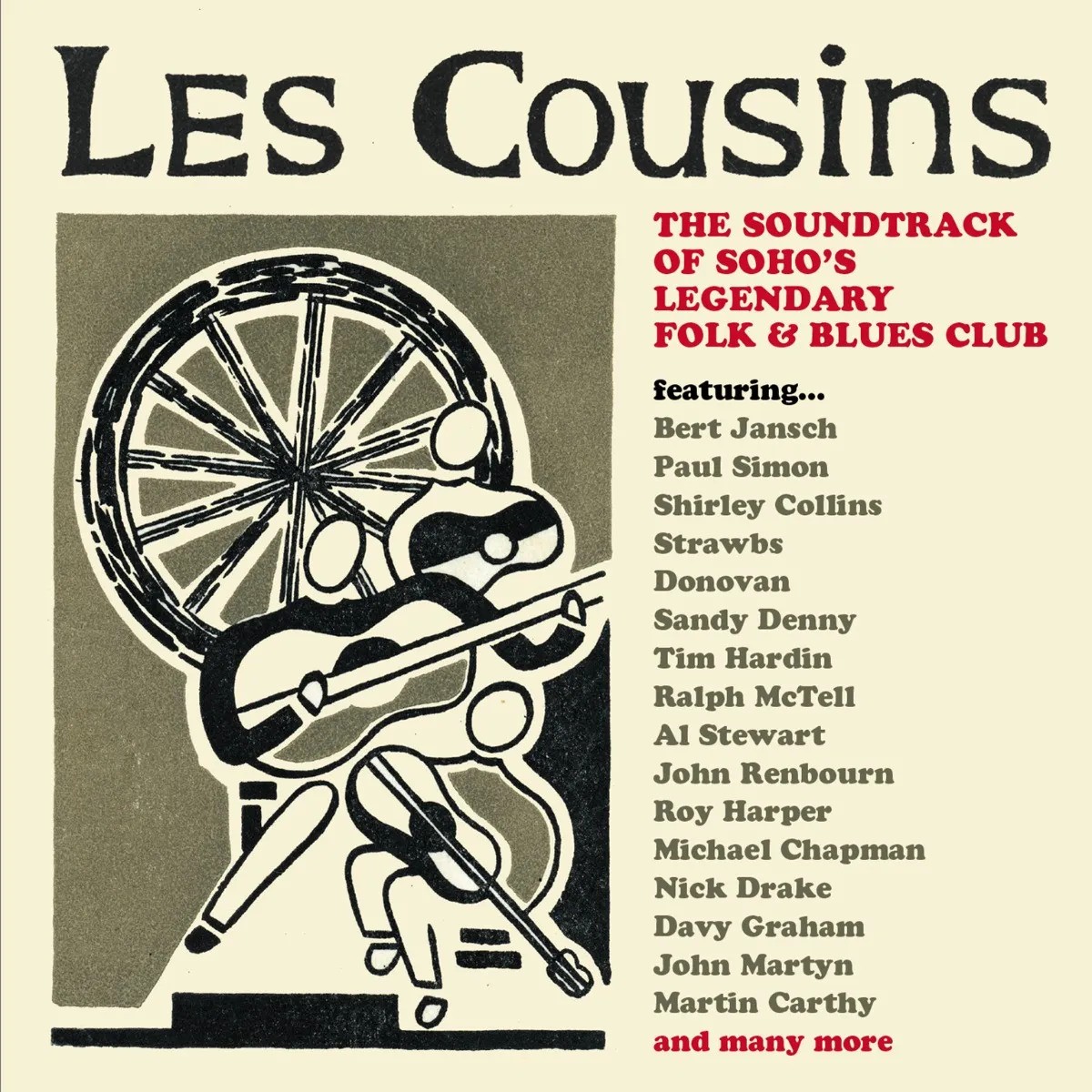
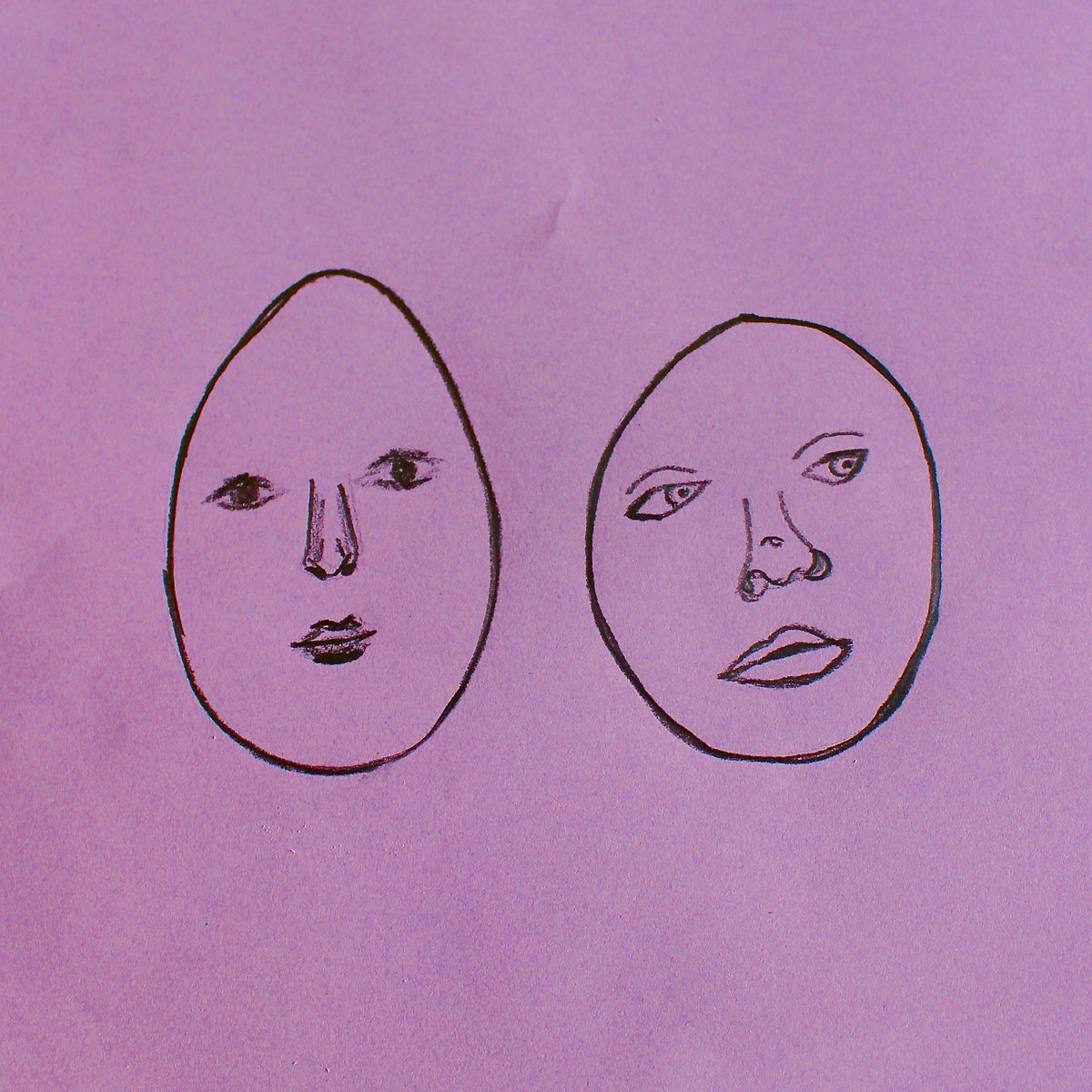
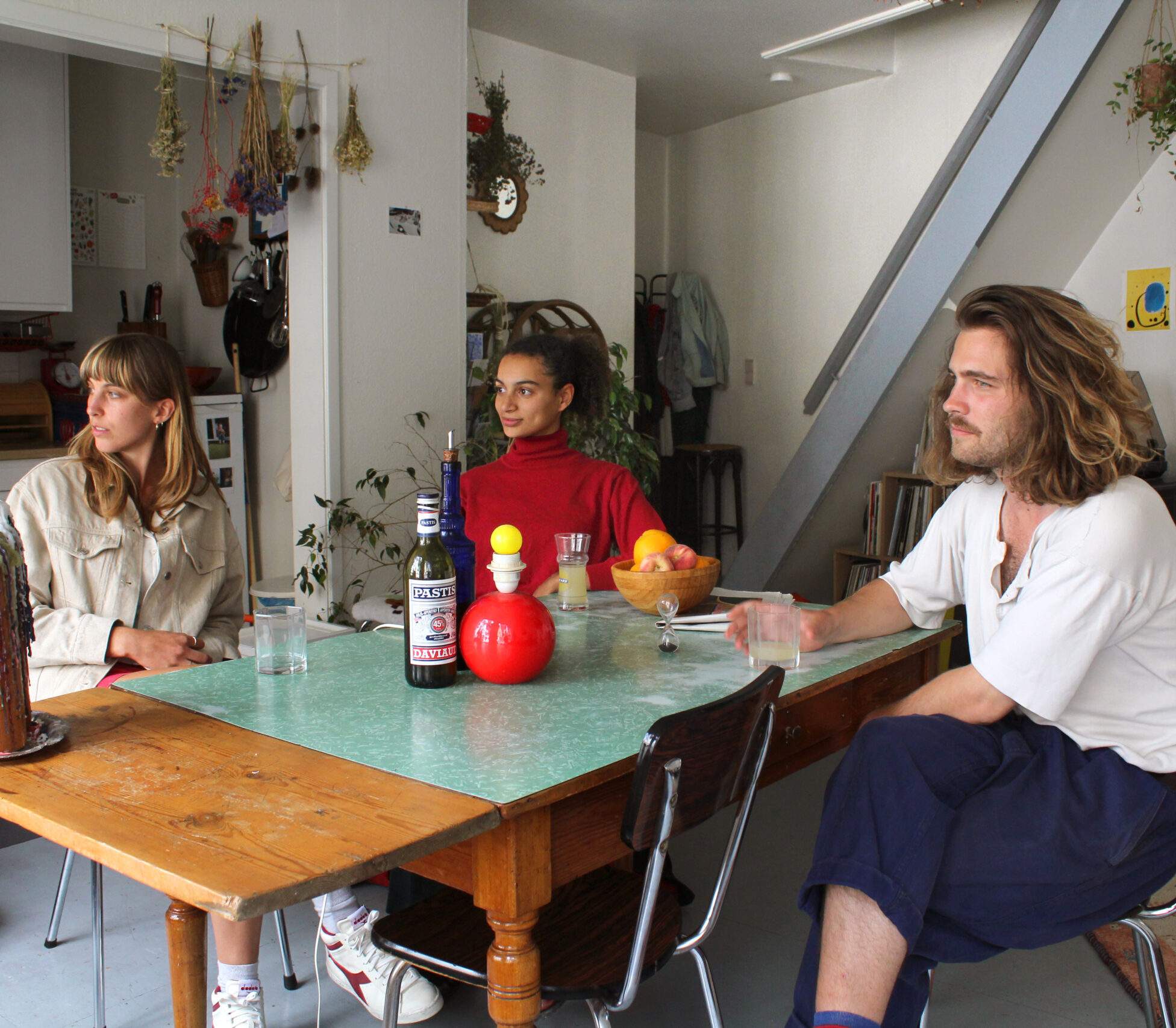
Nice interview. The Ronson story was amazing. "I've got a gardener in Hull…". Good stuff.